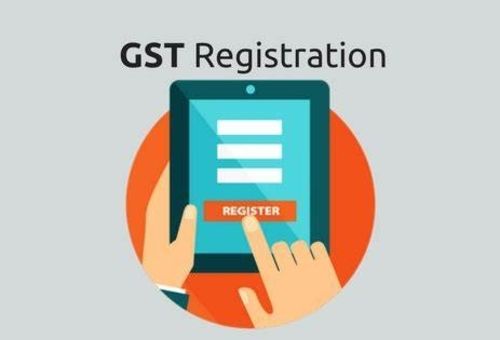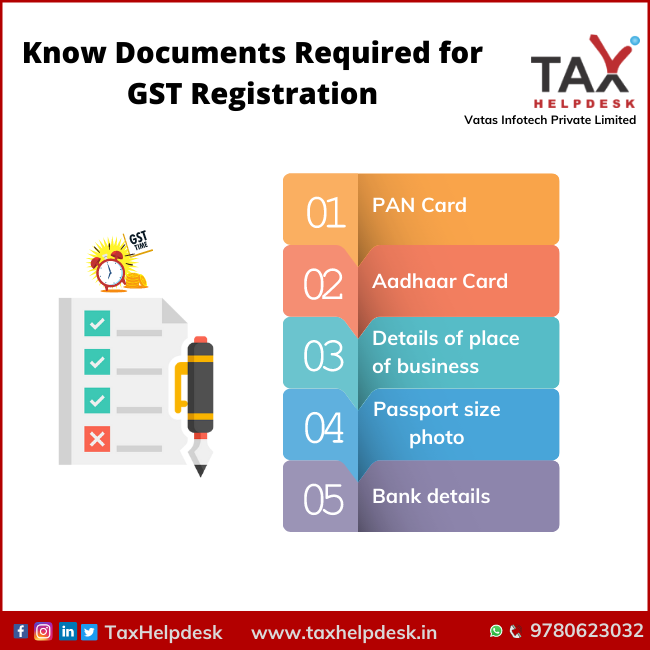Maximize Your Savings with the very best GST Registration Services in Singapore
Wiki Article
From Beginning To End: The Ultimate Roadmap to GST Registration for Organizations Seeking Financial Stability
Browsing the intricacies of Item and Provider Tax Obligation (GST) enrollment is an essential step for companies aiming for monetary security. Damaging down the roadmap into workable steps can simplify the enrollment journey for companies looking to boost their economic standing.Comprehending GST Essentials
Diving right into the fundamental concepts of Goods and Provider Tax (GST) is essential for gaining a thorough understanding of its effects on services and the economy. Input Tax Obligation Credit Score (ITC) is a considerable attribute of GST, allowing businesses to assert credit report for tax obligations paid on inputs, reducing the general tax problem. Recognizing the essentials of GST is crucial for companies to conform with tax guidelines, manage their financial resources effectively, and contribute to the country's economic growth by participating in a transparent tax system.Eligibility Requirements for Registration
To register for GST, services must meet particular qualification standards developed by the federal government. The primary qualification need is that any kind of service associated with the supply of goods or services with a yearly accumulation turnover above the threshold limit established by the authorities need to register for GST. Since the existing guidelines, the threshold limitation for GST registration is a yearly accumulation turnover of 40 lakhs for businesses running within a state, besides special category states where the restriction is 20 lakhs. In addition, specific businesses are called for to sign up for GST irrespective of their turn over, such as interstate distributors, laid-back taxable individuals, and services liable to pay tax obligation under the reverse charge system. It is important for companies to extensively examine their turnover and transaction kinds to identify their GST registration obligations properly. Failure to sign up for GST when eligible can cause penalties and lawful effects, making it crucial for companies to adhere to the defined eligibility standards.Papers Needed for Registration
Having actually met the qualification requirements for GST enrollment, services must currently ensure they have the requisite records in location to proceed with the enrollment procedure efficiently. The records required for GST enrollment commonly consist of proof of organization constitution, such as partnership act, registration certification, or consolidation certification for different over at this website kinds of services. Additionally, services need to supply files developing the primary place of business, such as a rental contract or electrical energy expense.Step-by-Step Enrollment Process
Commencing the GST registration process involves a series of organized actions to guarantee a smooth and compliant enrollment for businesses. The very first step is to go to the GST site and complete the registration kind with exact details of business entity. Following this, the candidate receives a Momentary Referral Number (TRN) which is used to resume the application process if it's not finished in one go.Following, all required files based on the list provided by the GST portal need to be submitted. These papers commonly include proof of business address, enrollment and identification evidence of marketers, economic declarations, and service entity's frying pan card.

Post-Registration Conformity Guidelines

Conclusion
To conclude, companies seeking monetary security needs to comprehend the fundamentals of GST, meet qualification standards, collect required files, follow the detailed registration process, and adhere to post-registration guidelines - Best GST registration services in Singapore. By sticking to these actions, services can guarantee compliance with tax obligation guidelines and preserve financial security over timeAdditionally, certain organizations are called for to sign up for GST irrespective of their turnover, such as interstate suppliers, informal taxed persons, and businesses accountable to pay tax under the reverse charge system.Having actually met the qualification criteria for GST registration, organizations should now ensure they have the requisite papers in location to proceed with the enrollment process efficiently. The records needed for GST registration generally consist of proof of organization constitution, such as partnership act, registration certification, or incorporation certification for different types of organizations. Furthermore, organizations need to supply documents developing the principal location of organization, such as a rental contract or electricity costs.Beginning the GST enrollment process entails a series of structured actions to ensure a seamless and certified registration for services.
Report this wiki page